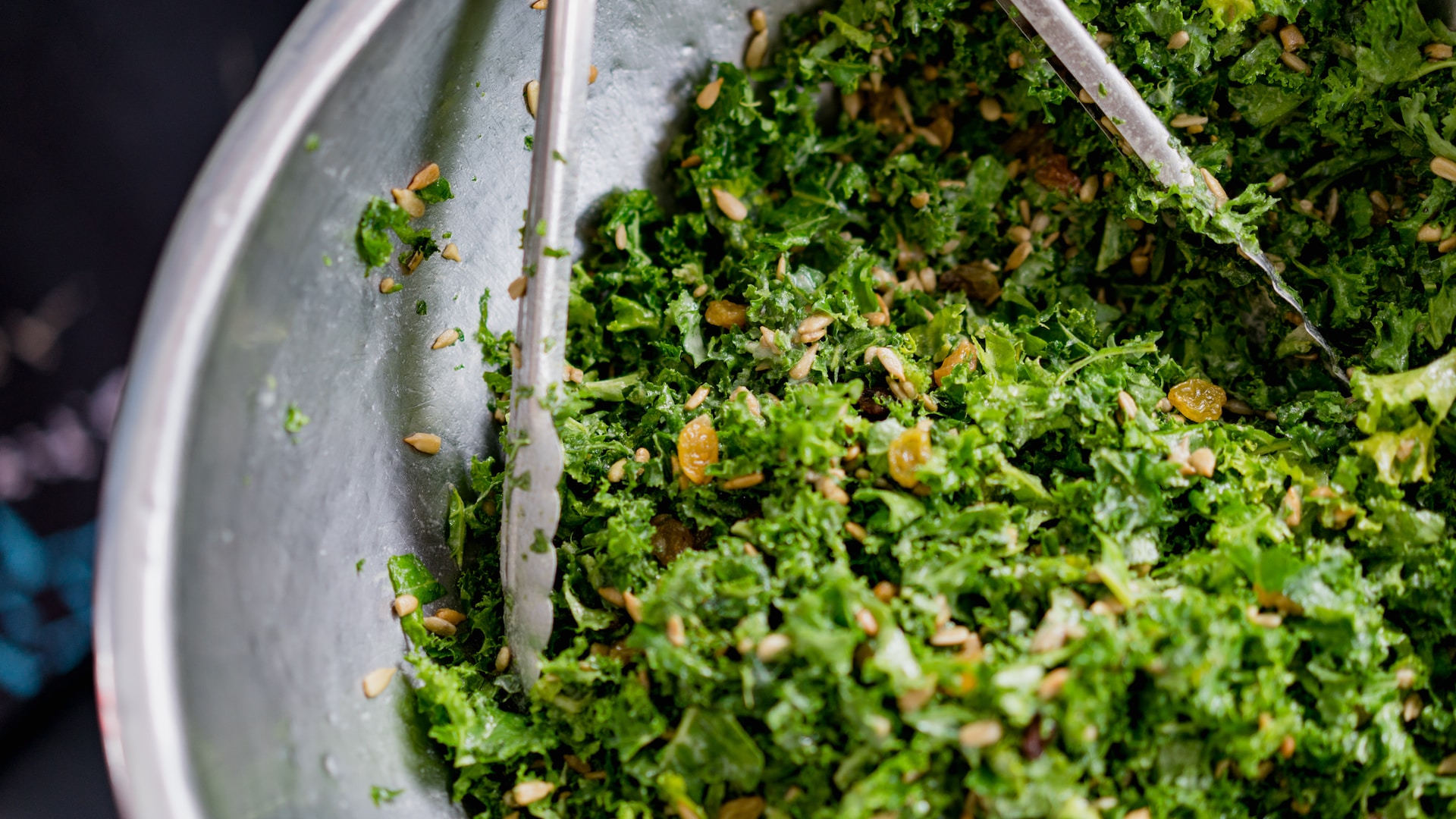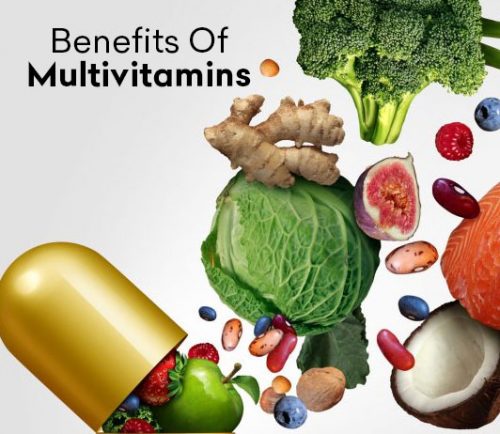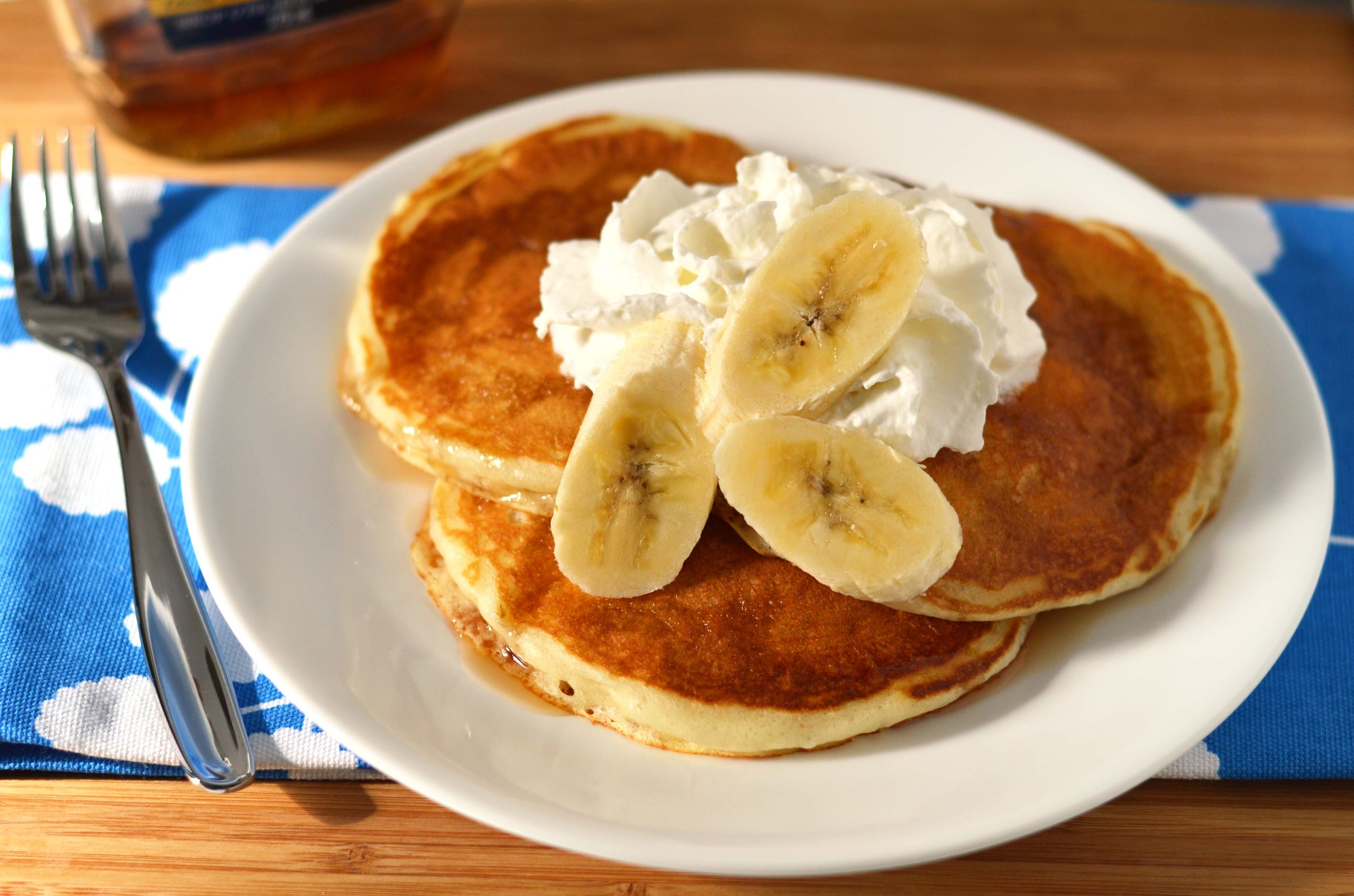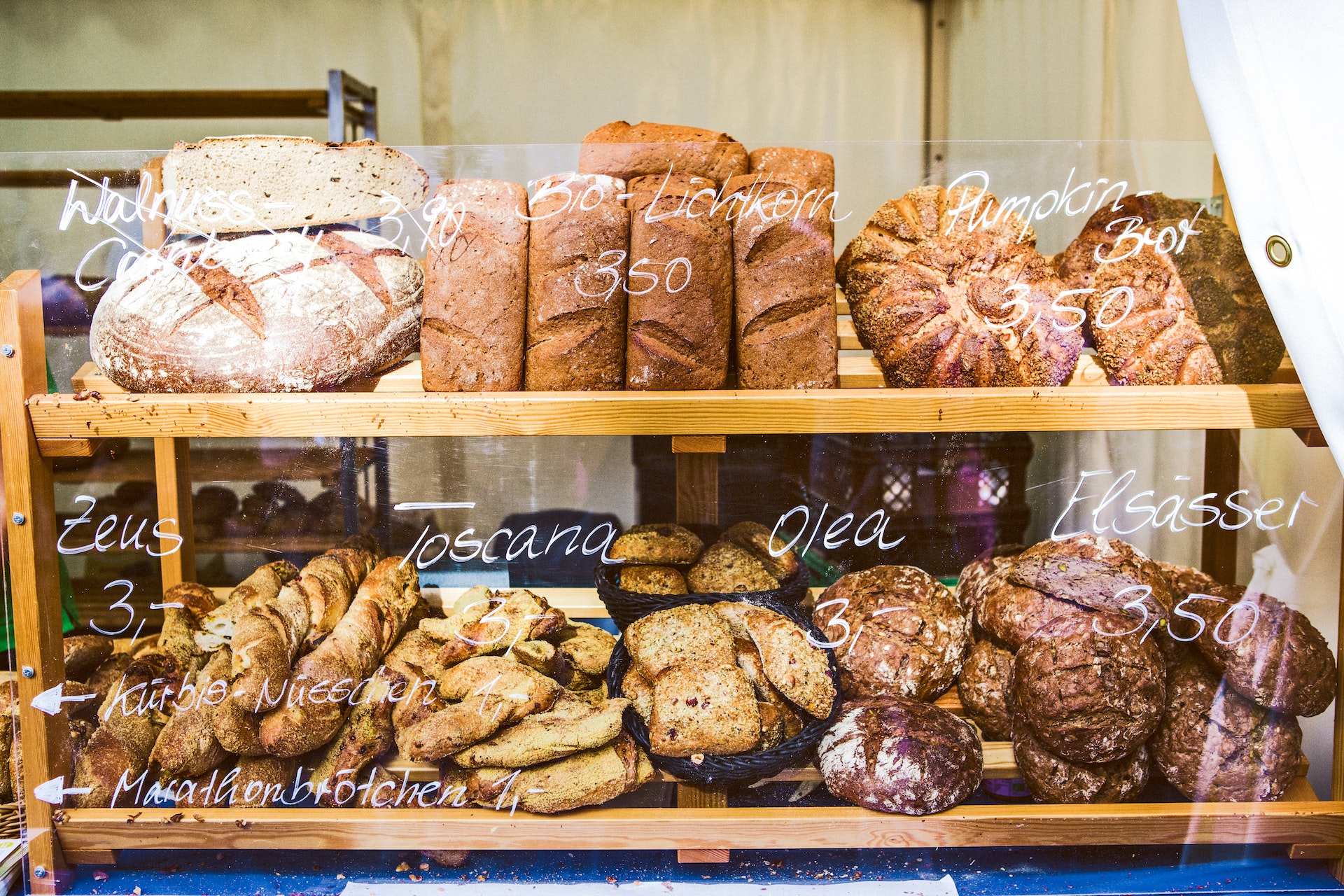Fresh or Dried Herbs for Your Culinary Journey
Welcome to a tantalizing exploration of culinary herbs, where we delve into a timeless dilemma: fresh or dried herbs? I’m Chef Michel Leblanc, and I’ve spent decades perfecting the art of gastronomy. Today, I’ll be your guide in navigating the lush world of herbs to elevate your culinary creations to new heights.
The Essence of Herbs
Before we dive into the fresh vs. dried debate, let’s understand the essence of herbs. Herbs are nature’s aromatic gift to the culinary world. They infuse our dishes with fragrance, flavor, and character. Each herb tells a unique story through its taste and aroma, and as chefs, we’re storytellers who use herbs as our medium.
Fresh Herbs: A Burst of Vibrancy
When to Choose Fresh
Fresh herbs, plucked from your garden or the local market, are a chef’s delight. Their vibrant colors and fragrant leaves can elevate even the simplest dishes. Here’s when to opt for fresh herbs:
| Herb | Best Used For |
|---|---|
| Basil | Caprese salads, pasta sauces |
| Cilantro | Salsas, Thai and Mexican dishes |
| Mint | Cocktails, desserts |
| Parsley | Garnishes, tabbouleh |
Fresh herbs shine in dishes that require their aromatic potency. Their leaves are tender, and their oils are at their peak, making them perfect for uncooked applications.
Dried Herbs: A Symphony of Flavors
When to Choose Dried
Dried herbs, on the other hand, are concentrated flavor powerhouses. They are harvested at their peak and carefully dried to preserve their essence. Consider dried herbs when:
| Herb | Best Used For |
|---|---|
| Thyme | Soups, stews, roasts |
| Rosemary | Roasted meats, bread |
| Oregano | Pizza, tomato-based sauces |
| Sage | Stuffing, poultry dishes |
Dried herbs are your go-to for recipes with longer cooking times. Their flavors meld beautifully with slow-cooked dishes, infusing warmth and depth.

The Art of Substitution
In the real world of cooking, we sometimes find ourselves without a crucial ingredient. Fear not, for herb substitutions can save the day!
| Fresh Herb | Substitute with Dried |
|---|---|
| 1 tbsp fresh basil | 1 tsp dried basil |
| 1 tbsp fresh cilantro | 1 tsp dried cilantro |
| 1 tbsp fresh mint | 1 tsp dried mint |
| 1 tbsp fresh parsley | 1 tsp dried parsley |
Remember to adjust quantities accordingly, as dried herbs are more potent than their fresh counterparts.
Storage: Prolonging Herb Happiness
Proper storage is essential to keep your herbs at their best. Here’s a quick guide:
- Fresh Herbs: Store them like fresh flowers. Trim the stems, place them in a glass of water, and cover with a plastic bag in the fridge.
- Dried Herbs: Keep them in airtight containers away from light and heat to preserve their flavors.
Conclusion: A Flavorful Decision
In the fresh vs. dried herb debate, there’s no one-size-fits-all answer. Both have their roles in the culinary symphony. Your choice should be guided by the dish you’re creating and the flavor profile you wish to achieve. Embrace both fresh and dried herbs as your culinary companions, and let your taste buds be your guide.
As Chef Michel Leblanc, I encourage you to experiment, explore, and savor the world of herbs. Your culinary journey awaits, filled with the delightful aroma and taste of these herbaceous choices.
Comparative Table: Fresh vs. Dried Herbs
| Aspect | Fresh Herbs | Dried Herbs |
|---|---|---|
| Flavor and Aroma | Vibrant, fragrant | Concentrated, aromatic |
| Best for | Uncooked dishes | Long-cooked recipes |
| Shelf Life | Short | Longer |
| Availability | Seasonal or local | Year-round, readily available |
| Preparation | Wash, chop, use | Measure and sprinkle |
| Storage | Refrigerate, like flowers | Airtight containers |
In the world of culinary herbs, whether you choose fresh or dried, your creations are bound to be infused with deliciousness. So, embark on your flavorful journey, armed with the knowledge of herbaceous choices, and let your dishes flourish with nature’s bounty.










